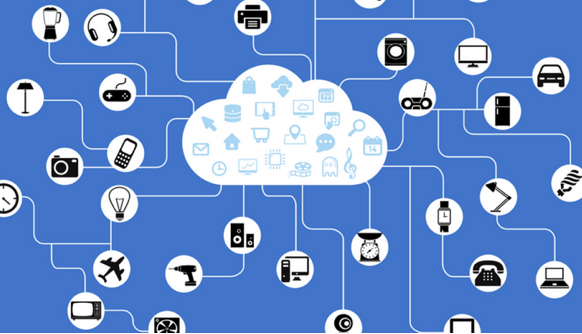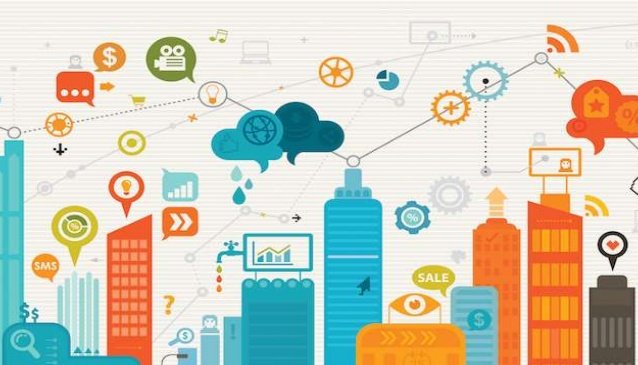Wearable IoT has already proven to be big business, ranging from fitness tracking devices carrying big brand names to life-saving implantable devices such as insulin pumps and pacemakers fitted with smart sensors. The market for wireless wearable medical devices is predicted to grow to over $17 billion by 2020.
With IoT technology in gadgets like the Fitbit and the Apple Watch sparking so much consumer interest, the Healthcare industry also aims to make an impression on the market with IoT medical devices that increase the quality of care by remote monitoring for the prevention and maintenance of patient conditions.
To date, IoT medical devices are already improving the quality of life in patients with chronic diseases who need to be monitored carefully. While devices similar to fitness tracking devices are utilized in the Healthcare sector, the industry aims to revolutionize the implementation of IoT medical devices to be more than just a fitness accessory but have life-saving, life-changing capabilities.
Healthcare IoT has changed the way we interact with our bodies and with healthcare practitioners. IoT medical devices connect to the cloud, allowing doctors to observe their patients at home using video and audio streaming IoT through remote monitoring. They can track vitals collected by devices such as smartphones and tablets.
Internet of Things innovation in medical devices such as wearable, wireless insulin pumps with automated insertion is improving the quality of life for people with diabetes. Expectant mothers have peace of mind with portable IoT medical devices that monitors fetal movement.
IoT-driven applications such as Freescale, use embedded technologies to collect, analyze and transmit data. With sensors collecting patient data, their systems work at delivering care to people whom care was not accessible. The IoT applications of such technology in digital health aims to not only manage chronic diseases but to prevent them.
However, despite all the revolutionary applications of IoT in healthcare, it continues to be met with controversy. Because the internet is vulnerable to breaches, the security of sensitive data is a developing concern for the users of healthcare IoT devices which store private patient data. Personal patient records may be accessed by hackers and used to expose private medical information. Once criminals have access to patient IoT medical devices, they could alter collected data, changing everything from correct medicine dosage to medical history.
With the threat of a security breach, electronic component suppliers for medical devices such as Advanced MP Technology are assuring their customers that they have a 72-point inspection process in place and can provide testing to guarantee the quality of their components.
Nevertheless, the IoT revolution in healthcare continues. The demand for accessible, affordable care is deafening. The technology sector and healthcare industry will continue to drive towards innovative IoT solutions, the implementation of smart features and establishment of cross-device connectivity.
Because IoT integration in healthcare has already proven to save not only lives but also save money, the industry is likely to continue seeking innovative applications of the Internet of Things in medical devices.
More articles:






